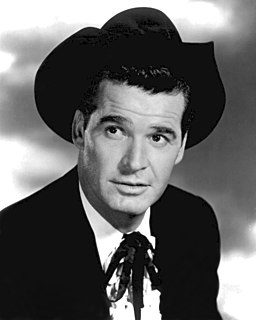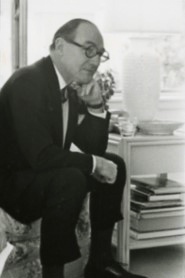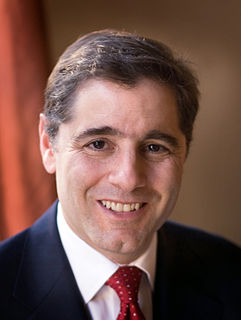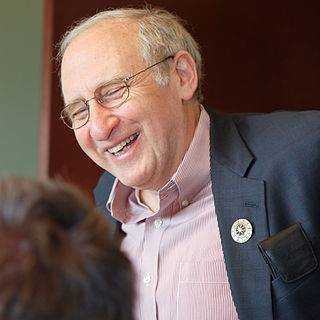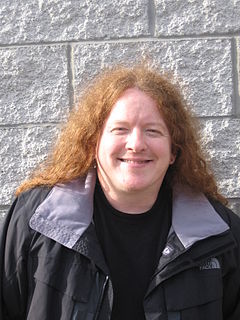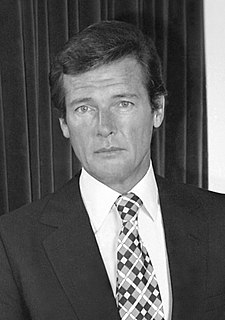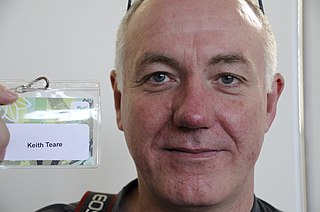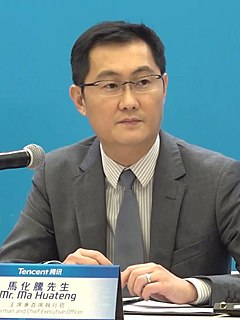Top 1200 Internet Users Quotes & Sayings
Explore popular Internet Users quotes.
Last updated on April 15, 2025.
Like almost every major infrastructure, the Internet can be abused and its users harmed. We must, however, take great care that the cure for these ills does not do more harm than good. The benefits of the open and accessible Internet are nearly incalculable, and their loss would wreak significant social and economic damage.
On the Web, usability is a necessary condition for survival. If a website is difficult to use, people leave. If the homepage fails to clearly state what a company offers and what users can do on the site, people leave. If users get lost on a website, they leave. If a website's information is hard to read or doesn't answer users' key questions, they leave. Note a pattern here?
In the Internet world, both ends essentially pay for access to the Internet system, and so the providers of access get compensated by the users at each end. My big concern is that suddenly access providers want to step in the middle and create a toll road to limit customers' ability to get access to services of their choice even though they have paid for access to the network in the first place.
I have been a strong supporter of a free and open Internet and have indicated this both prior to and subsequent to being sworn in as chairman of the F.C.C. I believe it is important to take concrete and reasonable steps to protect the freedom of users and entrepreneurs and businesses both small and large on the Internet.









